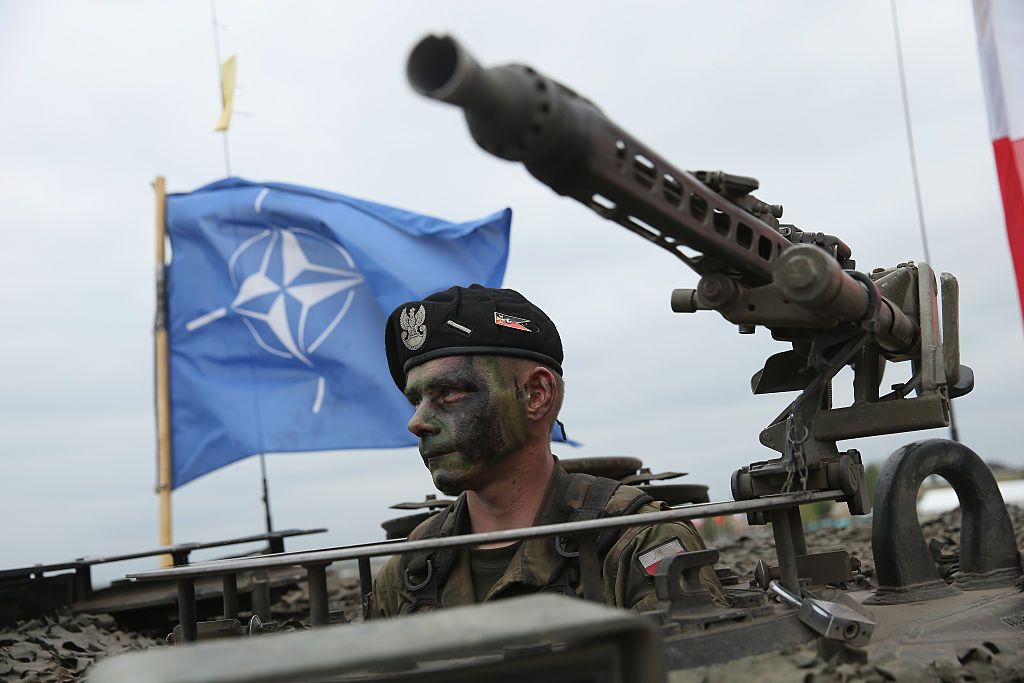Opinion: Why the Russia sanctions are failing

When bilateral talks fail to resolve disputes between sovereign countries, aggrieved parties may turn to an international judicial body, such as the International Court of Justice (ICJ) in The Hague. Alternatively, treaties or agreements often incorporate provisions for arbitration or mediation of disputes by a pre-designated entity.
Similarly, the World Trade Organization’s (WTO) articles, which underpin the international trading system, outline procedures for member countries to follow when trading partners violate the organization’s rules, particularly the most-favored-nation principle. But the WTO rules permit countries to take unilateral actions they deem necessary for national security, even if these measures require breaching agreed-upon tariff ceilings.
When former U.S. President Donald Trump, citing national-security concerns, imposed tariffs on steel and aluminum imports, many of the United States’ trading partners viewed this as a fig leaf for protectionism and filed complaints with the WTO. But America’s refusal to appoint new judges to the WTO’s dispute-settlement body has left members without a functional mechanism to resolve such conflicts.
Goods sanctions are most effective when they are imposed by virtually the entire world. A notable example is the extensive sanctions levied against South Africa in the 1980s, which played a significant role in facilitating the downfall of the apartheid regime. Unless they are nearly universal, however, trade sanctions are often less effective than expected. As Richard Hanania observed in a 2020 Cato Institute analysis, U.S.-imposed trade sanctions “almost always fail to achieve their goals.” Moreover, “sanctions have massive humanitarian costs and are not only ineffective but likely counterproductive.”
One reason for this is that unless there is near-universal global participation, traders can easily redirect sanctioned goods through third-party countries. Iran, for example, has managed to circumvent Western sanctions by constructing a sophisticated oil-smuggling network. Similarly, sanctioned Chinese goods are reportedly still entering the U.S. market, as China-based firms reroute their exports through countries like Vietnam and Mexico.
During the Iraq War, the U.S. used financial sanctions to prevent American companies from dealing with counterparts in third-party countries that facilitated prohibited transactions with Iraq. These “secondary sanctions” proved to be significantly more effective than traditional commodity trade sanctions, largely owing to the dollar’s dominant role in global finance. Consequently, U.S.-imposed sanctions have increased tenfold over the past 20 years.

Following Russian President Vladimir Putin’s full-scale invasion of Ukraine in February 2022, the U.S. and its allies imposed unprecedented trade and financial sanctions on Russia, including a ban on technology and military exports. They also introduced a $60-per-barrel price cap on Russian oil, designed to cripple Russia’s economy while ensuring that Europe could avoid a politically destabilizing energy crisis.
These measures have been largely unsuccessful. While financial sanctions forced oil traders to secure ships with suitable insurance coverage before finalizing transactions, the price of Russian oil did not fall below $60 per barrel. By November 2023, it had risen to $84.20 as Russian companies developed various methods of circumventing Western restrictions, such as inflated shipping costs and a “shadow fleet” consisting of more than 100 old tankers. Meanwhile, more than $1 billion in sanctioned goods have reportedly vanished amid the expansion of the Russian “ghost trade.”
Moreover, the Russia sanctions regime has given rise to a number of intermediaries, with countries like India, China, Armenia, Greece, Turkey, the United Arab Emirates, and Singapore effectively becoming “laundromats” for Russian oil and other sanctioned goods. When a company is identified and sanctioned, a new company, operating under a different name, often takes its place. One Greek company even sold Russian oil to the U.S. military.
In response to the mounting evidence of sanctions evasion, the U.S. and its allies have intensified their enforcement efforts. In December, the US Treasury Department imposed “sweeping” sanctions on more than 250 companies and individuals, including Chinese and North Korean entities.
This is not to suggest that Western countries should not seek non-military methods of exerting pressure on Russia. But the prevalence of sanctions evasion calls into question the effectiveness of the current regime and underscores the need for Western powers to consider the costs and risks to their own economies.
To be sure, Western sanctions have reduced Russia’s revenues and dented its GDP, albeit to a lesser extent than many had hoped. But the longer the global financial system is used as a tool of economic warfare, the more governments and businesses in third-party countries will look for alternatives to the dollar, euro, and the SWIFT international payment system.2
While sanctions may be an effective short-term tactic, their impact on the targeted parties tends to wane over time, even as the burden on the countries enforcing them increases. Should the Russia sanctions regime significantly erode the dollar’s prominence in international financial markets, the cost to the US and global economies could far exceed its benefits.
Editor’s Note: Copyright, Project Syndicate. This article was published by Project Syndicate on Jan. 18, 2024, and has been republished by the Kyiv Independent with permission.The opinions expressed in the op-ed section are those of the authors and do not purport to reflect the views of the Kyiv Independent.













